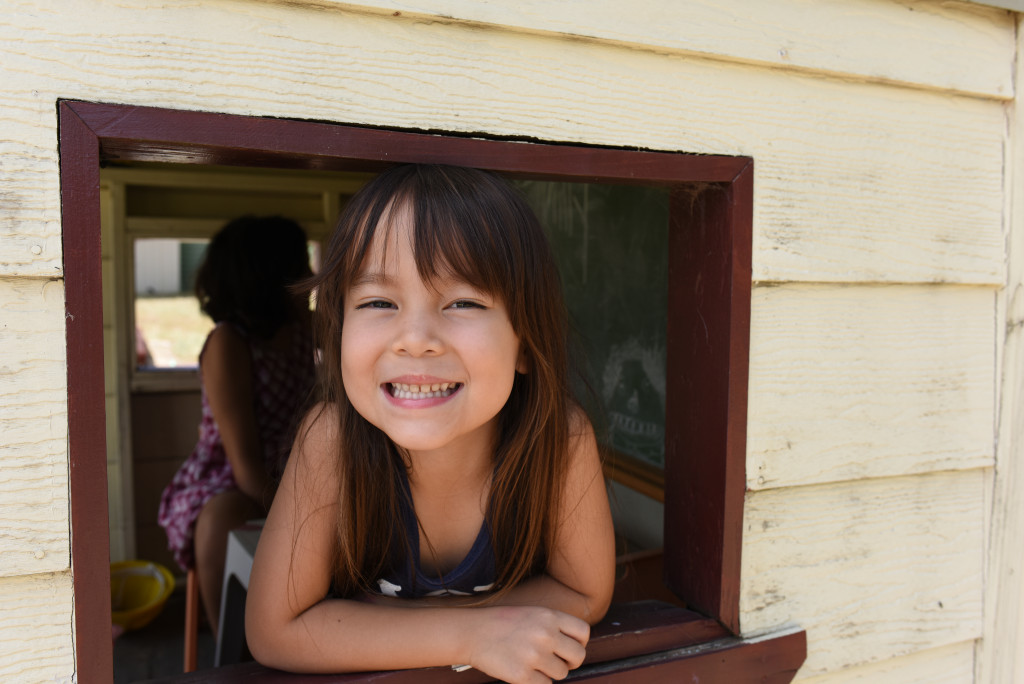- Providing a balanced diet and cultivating healthy eating habits lays the foundation for lifelong wellness.
- Encouraging regular physical activity through fun routines, involving children in selecting activities and limiting screen time.
- Adequate sleep contributes to cognitive, emotional, and physical well-being.
- Emotional and social development can be promoted by fostering open communication, empathy, and engagement in group activities.
- Engaging kids in creative and stimulating activities like ballroom classes or gardening can foster cognitive development and self-confidence.
Children are the epitome of boundless energy and potential. As a guardian or parent, ensuring their holistic well-being is your top priority. Crafting a healthy environment that nourishes their physical, mental, and emotional development can pave the way for their future success. Here are five tips designed to help you promote optimal health and well-being for your kids.
1. Prioritize Nutrition and Healthy Eating Habits
Their nutrition heavily influences a child’s development. A balanced diet rich in fruits, vegetables, whole grains, and lean proteins ensures they have the necessary building blocks for growth. It is equally important to cultivate healthy eating habits early on.
By introducing a variety of foods and flavors, you instill a preference for a diverse and nutritious diet. Avoiding over-reliance on processed and sugary snacks while encouraging regular meals can set the foundation for lifelong healthy eating habits.
2. Foster Regular Physical Activity

Encouraging regular physical activity is crucial for both physical and mental development. Kids should be engaged in activities that promote muscle development, coordination, and cardiovascular health.
Here are tips to foster regular physical activity for kids:
Make Exercise Fun and Routine
Transform physical activity into a fun and routine part of your child’s day. Incorporate games, dance-offs, or scavenger hunts into their routine. Regular family walks or bike rides can be a great way to instill an appreciation for exercise while spending quality time together. Consistency is key; making physical activity a daily habit can set the foundation for a lifetime of healthy behavior.
Involve Your Child in Selecting Activities
Giving children a say in the activities they participate in can increase their interest and commitment. Whether it’s a team sport, outdoor games, or individual pursuits like martial arts or swimming, let your child have a voice. This can foster a sense of ownership and motivate them to be more active.
Limit Screen Time
In today’s digital age, it can be challenging to balance screen time with physical activity. Setting guidelines for screen time can encourage children to pursue other activities. This doesn’t mean banning screens entirely but promoting moderation and introducing alternatives like books, crafts, or outdoor play.
Encourage Participation in Organized Sports
Organized sports offer an excellent avenue for physical activity and social interaction. They help build teamwork, discipline, and resilience. Encourage your child to participate in sports they enjoy—it could be anything from soccer to gymnastics. Even if they don’t pursue it professionally, the skills and habits they develop can be invaluable.
3. Encourage Adequate Sleep and Rest
Adequate sleep is essential for children’s development and overall health. Ensuring your kids have a regular sleep schedule with sufficient uninterrupted sleep contributes to their cognitive, emotional, and physical well-being.
Creating a conducive sleep environment which is quiet, dark, and cool, can promote better sleep quality. Also, establishing a bedtime routine that includes winding down activities like reading a book can signal the child that it’s time to rest.
4. Foster Emotional and Social Development

Children’s emotional and social development is as vital as their physical health. Encouraging open communication and expressing your love and support can make your child feel secure and confident. Teaching them empathy and the importance of friendships and social bonds is also crucial.
Involving kids in group activities, playdates, and encouraging them to express their emotions can lead to the development of a strong emotional and social foundation. By fostering a supportive environment, you can help your child build resilience and social skills.
5. Engage Them in Creative and Stimulating Activities
Incorporating creative and mentally stimulating activities into your child’s routine can foster their cognitive development and provide a fun way to learn new skills. Art, music, or dance can allow them to explore their talents and interests.
One unexpected but delightful option is enrolling your child in ballroom classes for kids. Not only do these classes promote physical activity, but they also offer an opportunity to develop rhythm, coordination, and social skills. Ballroom classes also offer a unique platform for kids to express themselves creatively, make new friends, and build self-confidence.
Another activity that combines physical and mental stimulation is gardening. It allows kids to learn about nature, practice patience, and develop fine motor skills by planting, watering, and harvesting.
Final Words
Ensuring optimal health and well-being for your kids involves focusing on balanced nutrition, regular physical activity, adequate sleep, emotional and social development, and engaging them in creative activities like ballroom classes for kids. By creating an environment that nurtures these aspects, you are setting a foundation for your children to thrive and grow into well-rounded individuals.


